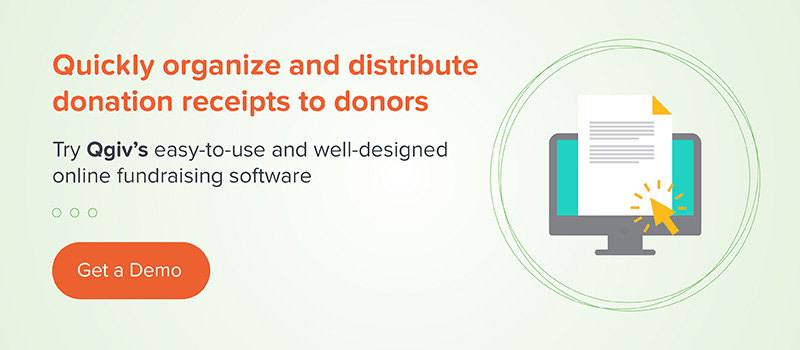It’s only August, but Halloween decorations are already showing up in stores nationwide. But plastic jack-o-lanterns and fake zombies aren’t the only spooky things popping up these days. Scammers are up to some of their old tricks, and they’re targeting some nonprofits. One of their favorite methods, wherein they make a donation with an eCheck and then ask for a refund, is a very simple scam… and that’s exactly why it’s often successful. Here’s what they’re doing and how you can avoid falling into their trap.
The eCheck scam is remarkably similar to the check scams that are now relatively well-known on sites like Craigslist and eBay. When nonprofits are targeted, a donor makes a donation — usually a large one — using an online check. Before the check clears, the donor changes their mind about the transaction and asks either for a full or a partial refund. Because eChecks can’t be refunded the same way a credit or debit card donation can be, the nonprofit cuts a check to the donor… and then the donor’s eCheck bounces. Now, the nonprofit doesn’t have the donation OR the money they sent as a refund to the scammer.
So how do you avoid this kind of scam?
The best thing a nonprofit can do is wait until the eCheck payment has completely cleared the bank. Some banks will advance the funds before the eCheck has actually cleared, but it could take several days before the actual check is processed by the bank. By law, banks are required to give a return notification within 5 days of the initial debit request, so nonprofits should wait at least that long before offering a refund to a donor.
If your nonprofit is contacted by someone who wants their eCheck donation refunded, call your online donation service provider instead of writing them a check. You might not be able to process the refund yourself, but your service provider may be able to work directly with the ACH Processor (the companies who process eChecks) to get the money returned to the donor. This also might take several days, but it’s a good option if you have concerns about the validity of the donor’s transaction.
If you’ve already written a check to a potential scammer and they haven’t cashed it yet, see if you can call your bank and try to put a hold on the payment. Business entities have 2 days from the transaction date to put a stop on their check, so this is a good option if you can catch the scam quickly.
And, if you’ve already encountered this kind of scam, don’t get discouraged! Similar scams catch veteran fundraisers, independent sellers, and businesses all the time. The silver lining to falling victim to this sneaky eCheck scam is that you’re smarter, more alert, and much less likely to be taken in sometime in the future!



